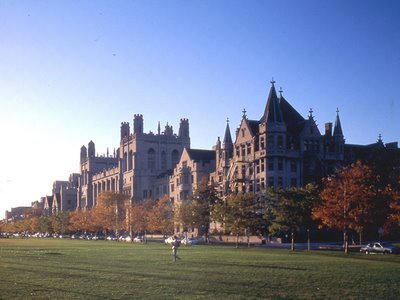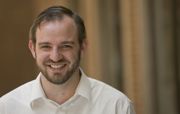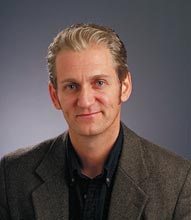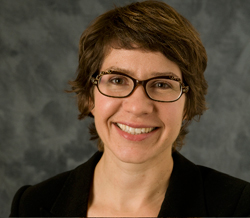 Below you can find the City, Society and Space Workshop schedule for the Spring 2011 Quarter:
Below you can find the City, Society and Space Workshop schedule for the Spring 2011 Quarter:
April 6th (12PM-1.15PM, Stuart 101)
Harvey Molotch, Professor of Social and Cultural Analysis/Sociology, New York University
“Default to Decency: Subways, Airports, and Other Sites of Ambiguous Danger”
April 20th (3PM-4.15PM, Cobb 107)
Erik Swyngedouw, Professor of Geography, University of Manchester
“CITY or POLIS? Antinomies of the Post-Political and Post-Democratic City”
May 4th (3PM-4.15PM, Cobb 107)
Rick Moore, PhD student, Department of Sociology, University of Chicago
“Urban Religious Coalitions Re-examined: The Council of Hyde Park Churches 1911-1930”
May 18th (3PM-4.15PM, Cobb 107)
Naomi Bartz, PhD Candidate, Department of Human Development, University of Chicago
“The New Stigma of Public Housing Residents: Responding to Challenges to Social Image in Mixed Income Developments.”
June 1st (3PM-4.15PM, Cobb 107)
David Gravesen, PhD Student, PhD student, Faculty of Humanities, Department of Media, Cognition and Communication, University of Copenhagen
“Youth and social polarization: An urban sociological study of the life chances of Danish adolescents in 2010”
———-
Please note that the regular meeting time this quarter will be from 3PM till 4.15PM (Cobb 107).
If you have any additional questions, please contact the student coordinator, Thomas Swerts (tswerts@uchicago.edu).





